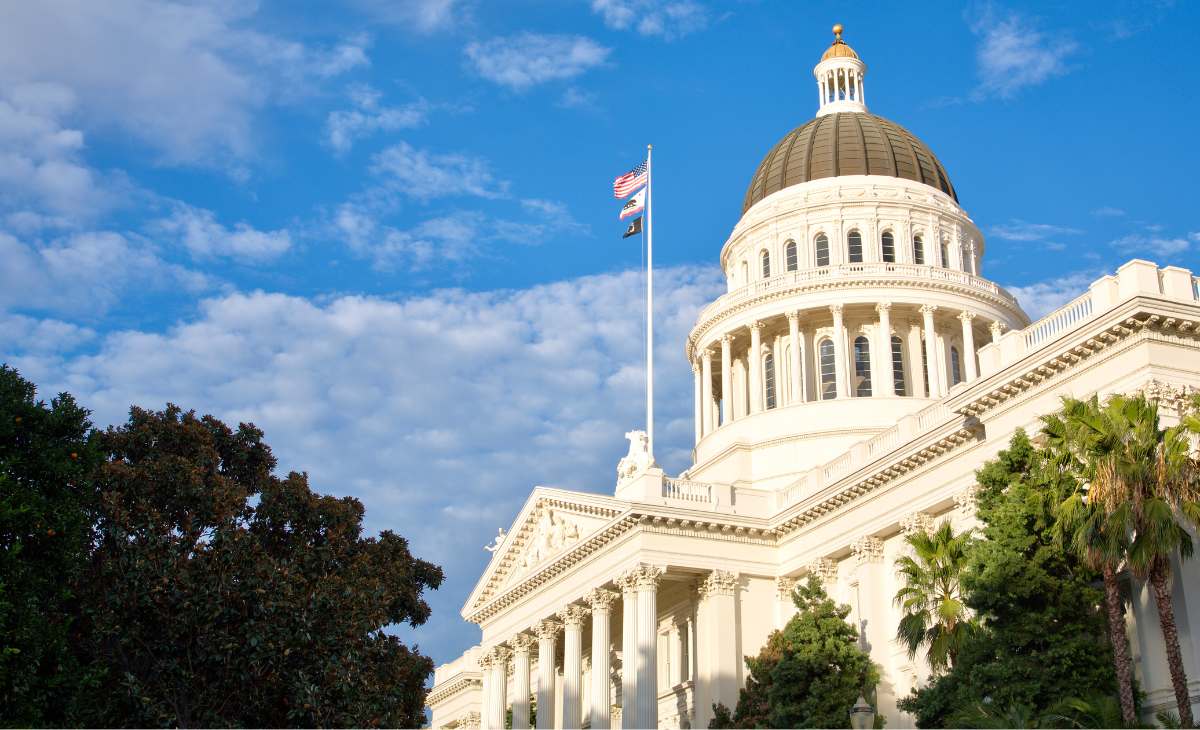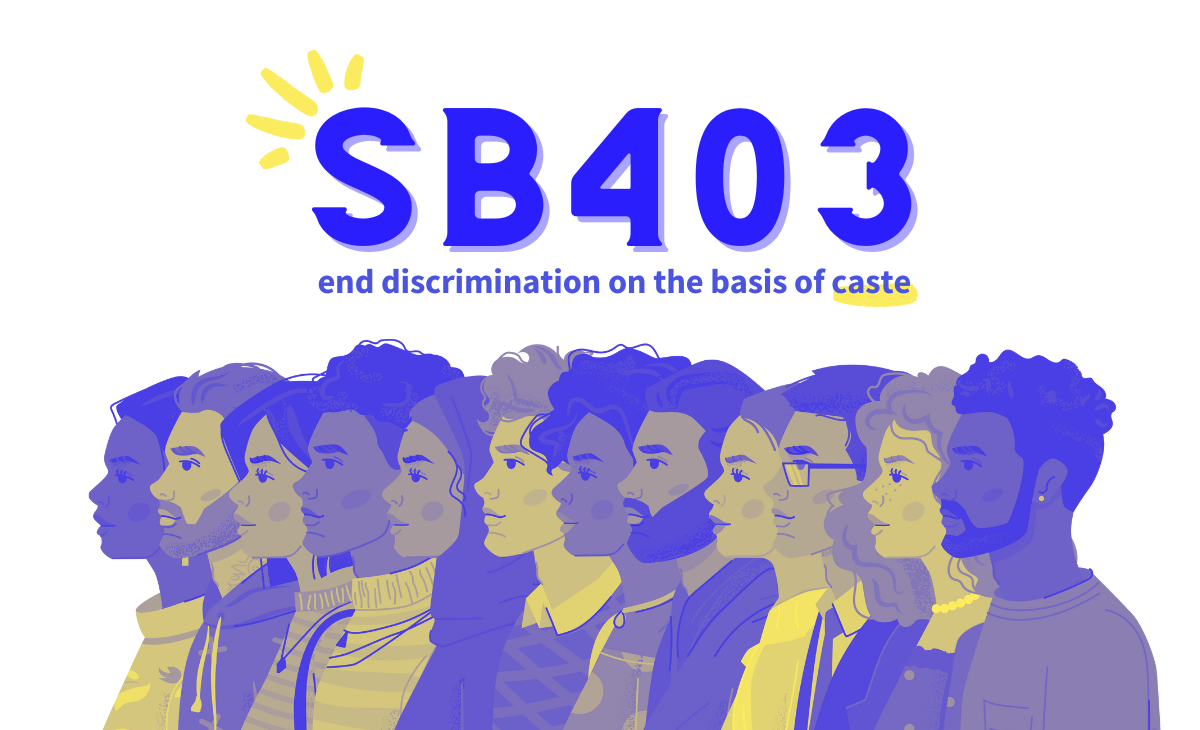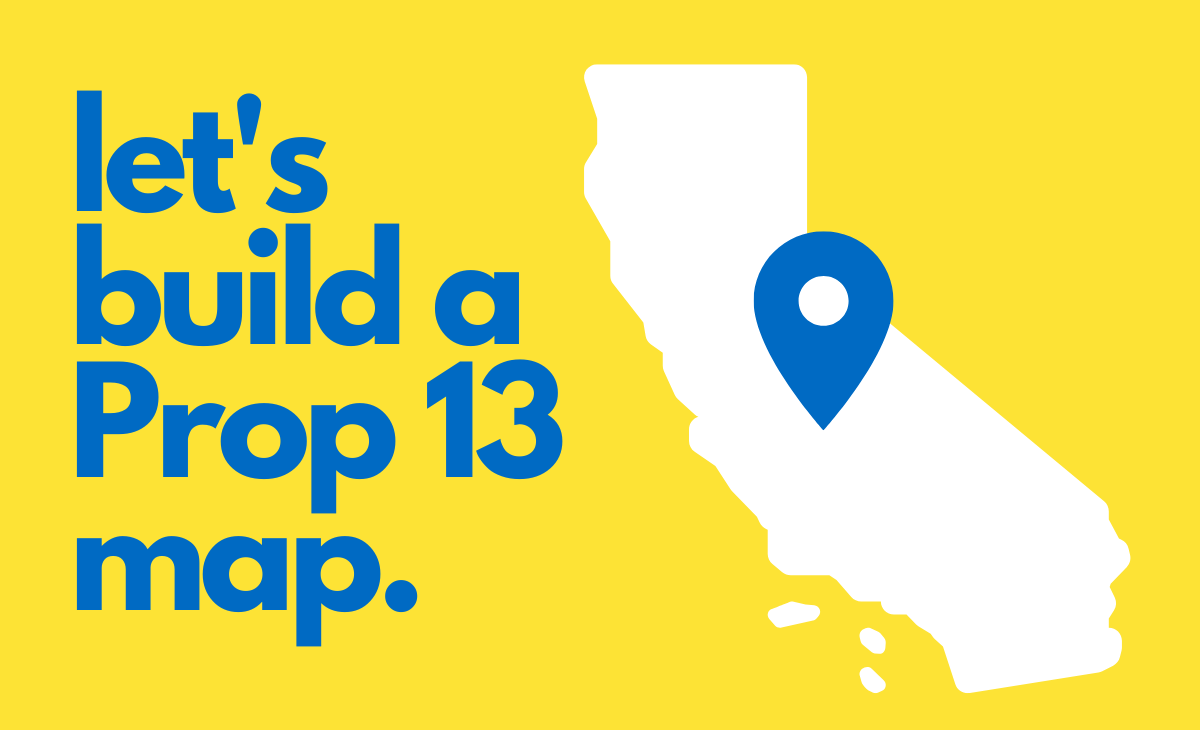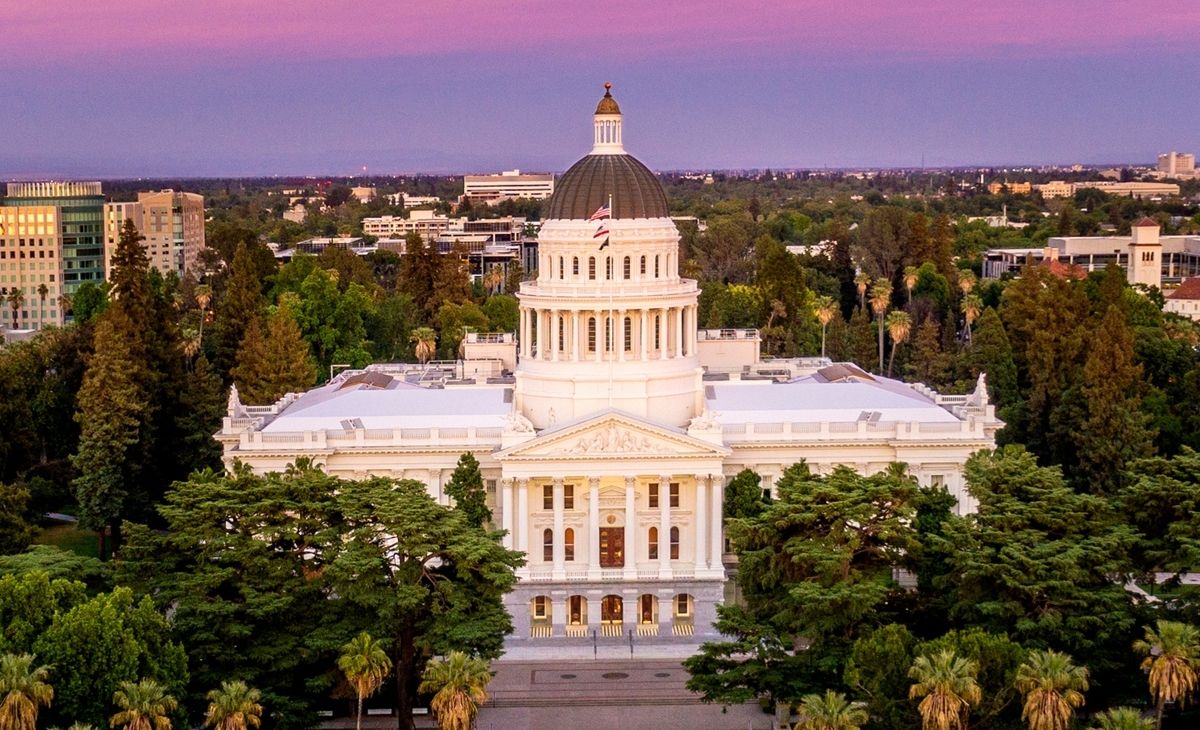Props 14, 18, 23, & 24: What You Need to Know
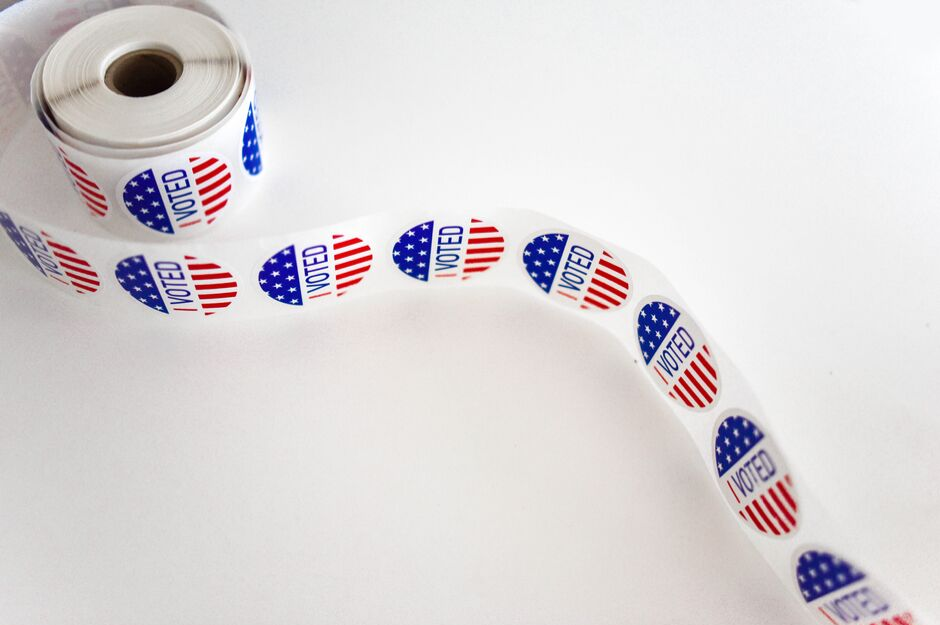
Election Day is just around the corner. While the presidential race is drawing the most attention, ballot measures and candidates in local and state races have the potential to drastically reshape our communities, amidst and after the COVID-19 pandemic.
That’s why we’ve launched this blog series, to break down the key issues on the statewide and local ballots.
Today, we’re covering the measures that fall outside of our issue areas: housing and labor. We aren’t making recommendations on these measures because we aren’t experts on these issues, but still wanted to give you some information to help you with your decision.
What is Proposition 14?
Back in 2004, voters created the California Institute of Regenerative Medicine in response to federal restrictions on stem cell research. The Institute has nearly exhausted its initial funding, so Prop 14 would allow the Institute to refill its coffers. The state would sell $5.5 billion in bonds to investors and pay back the money with interest over 30 years. The Institute would use the funding to continue stem cell research and development of treatments for a number of diseases including Alzheimer’s and Parkinson’s disease.
What are the arguments for and against Prop 14?
Supporters of Prop 14 argue that the measure will provide funding for research on treatments for many life-threatening illnesses. They maintain that the Institute has already conducted important research that has led to treatments that have saved and improved lives and it should be able to continue its work. Advocates claim that public funding for the measure will make treatments more accessible and affordable for patients. They also point out that the measure dedicates funding for brain diseases and has accountability and transparency provisions to monitor the use of the funding. Prominent endorsers of Prop 14 include Governor Gavin Newsom, State Senator Scott Wiener, Assemblymember David Chiu, and the California Democratic Party. A full list of endorsements is available here.
Opponents of Prop 14 argue that while it was reasonable for the state to fund stem cell research in 2004 when the federal government was blocking funding on religious grounds, it’s no longer appropriate because the federal government now funds stem cell research. The opposition also questions how the Institute has spent its initial funding, noting that half went to buildings, infrastructure, training, and basic research. Skeptics of the measure claim that the Institute hasn’t made the kind of breakthrough progress that would justify additional funding. They are also concerned about conflicts of interest stemming from top grantees, like Stanford and the University of California system, also holding seats on the Institute’s board. Prominent opponents of Prop 14 include the San Francisco Chronicle and The Mercury News.
What is Proposition 18?
Currently, voters must be 18 years old at the time of the election to vote in local, state, and federal elections. The legislature placed Prop 18 on the ballot so voters who will turn 18 by the time of the next general election can vote in the primary and special elections leading up to the general. The measure would also allow qualifying 17-year-olds to run for office because being registered to vote is required to stand as a candidate.
What are the arguments for and against Prop 18?
Supporters of Prop 18 argue that it will allow young voters to have their voices heard throughout the election process. Advocates for the measure note that it doesn’t add any voters to the general election rolls, but does allow young voters to have a say on who appears on the general election ballot. Prominent supporters of Prop 18 include measure sponsor, Assemblymember Kevin Mullin, Secretary of State Alex Padilla, SEIU-United Healthcare Workers West, and the California Nurses Association.
Opponents of Prop 18 argue that 17 year-olds don’t have experience paying taxes which limits their ability to wisely cast their ballots. The opposition also claims that politically active young people have other avenues for political participation like volunteering for a campaign. They also contend that it doesn’t make sense to lower the voting age past 18 which is the age of adulthood for many purposes in California. Prominent opponents of Prop 18 include The Mercury News and Orange County Register.
What is Proposition 23?
A prominent healthcare workers union, SEIU United Healthcare Workers West, placed Prop 23 on the ballot to increase regulations at kidney dialysis clinics in the state. The measure would require the clinics to have a doctor on-site, report infections to the state Department of Public Health, get approval from the state before closing a clinic, and ban clinics from refusing to provide care because of the type of insurance a patient has. Prop 23 follows an unsuccessful 2018 measure that would have limited dialysis clinics’ profits.
What are the arguments for and against Prop 23?
Supporters of Prop 23 argue that having a doctor at dialysis clinics will protect patients if any complications occur during their treatment. They also claim that by requiring infection reporting, patients will be able to research clinics and avoid unsafe ones. Proponents tout that the insurance nondiscrimination provisions will guarantee that all patients, including those who are insured via the public Medi-Cal program, will be able to get treatment. Prominent supporters of Prop 23 include the California Democratic Party, the California Labor Federation, and SEIU United Healthcare Workers West. A full list of supporters is available here.
Opponents of Prop 23 counter that the measure would hurt dialysis patients because it would raise costs for clinics and some would close as a result. The detractors also claim that requiring a doctor on-site in the clinics would reduce the number of available doctors in California and increase waiting times. They also argue that the industry is already well regulated and Prop 23 is an attempt by the union to pick a fight with dialysis companies. Prominent opponents of Prop 23 include the Bay Area Council, California Medical Association, and California Hospital Association. A full list of opposition endorsements is here.
What is Proposition 24?
In 2018, the state legislature passed the California Consumer Privacy Act (CCPA), with the goal of overhauling protections for personal data privacy. One of the main advocates for the law, billionaire Alastair Mactaggart, felt that the CCPA did not go far enough and placed Prop 24 on the ballot to replace the recently passed law. Prop 24 would allow people to require businesses to limit the use of personal data like location, race/ethnicity, religion, and health condition. It would also ban businesses from keeping personal data longer than is necessary for business purposes. The measure would create a new state agency to enforce privacy protections and allow the state to issue fines of up to $7,500 for violations. Prop 24 would exempt smaller businesses from its requirements and only apply the regulations to businesses that buy or sell data for more than 100,000 people per year.
What are the arguments for and against Prop 24?
Supporters argue that Prop 24 would guarantee stronger protections for consumer privacy than the current law, the California Consumer Privacy Act (CCPA). The proponents claim that during legislative negotiations companies trafficking in consumer data won too many giveaways and that the law is at risk of further weakening driven by deep-pocketed industry lobbying. Boosters tout provisions in the measure that close a loophole in the CCPA, which allows companies to “share” but not sell information; allow people to permanently opt-out of data collection by ad networks, correct mistakes in data, and stop automated data processing; and create a category of “sensitive information,” like race, union membership, and location, that consumers can tell companies not to use. Advocates for the measure claim that Prop 24 will lead to stronger enforcement of consumer privacy protections because the measure creates a dedicated enforcement agency. Prominent supporters include U.S. Representative Ro Khanna, State Senator Nancy Skinner, Consumer Watchdog, and the California AFSCME (American Federation of State, County, and Municipal Employees). A full list of supporters is available here.
Opponents of Prop 24 contend that there is no need for a ballot measure to address consumer privacy because the CCPA is in place. They also argue that Prop 24 would weaken some of the CCPA’s protections including allowing companies to charge higher prices to users who limit the collection of their data. The opposition points out that small businesses in California have already spent time and money complying with the CCPA and would have to do that work again if Prop 24 passes. The measure’s detractors also argue that spending $100 million to fund an enforcement agency is not a good use of state money during the budget crisis caused by the pandemic. Prominent opponents of Prop 24 include ACLU California, Color of Change, California Nurses Association, and the California Republican Party. A full list of opposition endorsements is available here.


